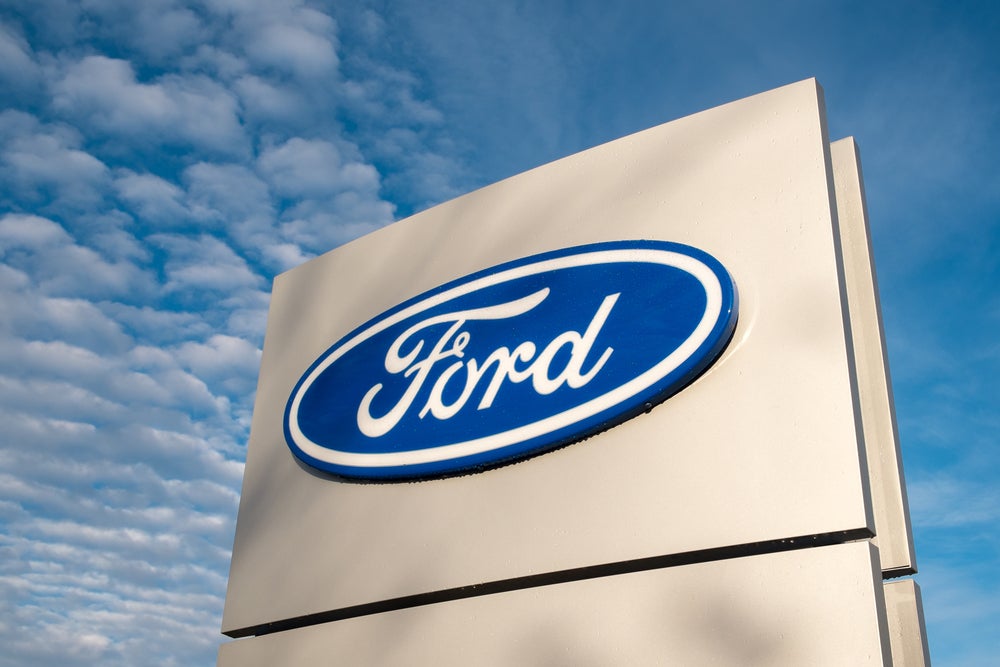US carmaker Ford Motor announced it will take a direct stake in Indonesia’s battery-nickel plant in an attempt to secure its supply chain for electric vehicles (EVs). Indonesia’s PT Vale and China’s Huayou Cobalt are the other two investors in the deal.
According to a joint statement from the companies, the project is set to produce 120,000 tons of nickel chemicals annually, with commercial production starting in 2026. While the statement does not say what is each company’s share, the total investment in the Pomalaa project is worth $4.5bn.
The move comes at a time when carmakers are dealing directly with mining companies to avoid supply chain shortages. Ford has made deals for lithium, critical for lithium-ion batteries in EVs, with Chilean supplier SQM, Quebec-based Nemaska Lithium and Albemarle in North Carolina.
While direct investment in mines is limited to carmakers with deep pockets, General Motors partnered with Livent, a lithium company in Philadelphia, to source battery materials from South American mines.
In the past, Indonesia has seen significant investment from Chinese companies in nickel mines across Indonesia. According to Meidy Katrin Lengkey, the secretary-general of the Association of Indonesian Nickel Miners, Chinese companies have built more than 90% of the country’s nickel smelters.
Ford, which plans to make two million EVs a year by 2026, has already agreed with Huayou to procure battery materials from the Pomalaa plant.
“This framework gives Ford direct control to source the nickel we need – in one of the industry’s lowest-cost ways – and allows us to ensure the nickel is mined in line with our company’s sustainability targets,” Lisa Drake, vice-president for Ford Model e EV industrialisation, said in the statement.









